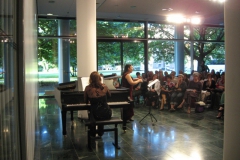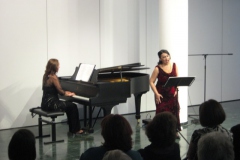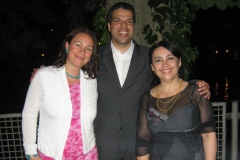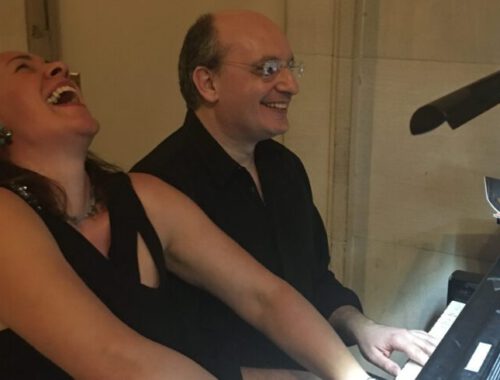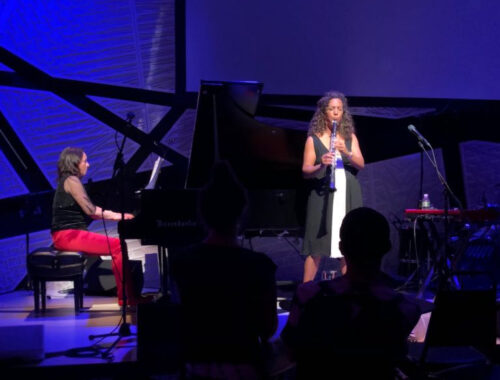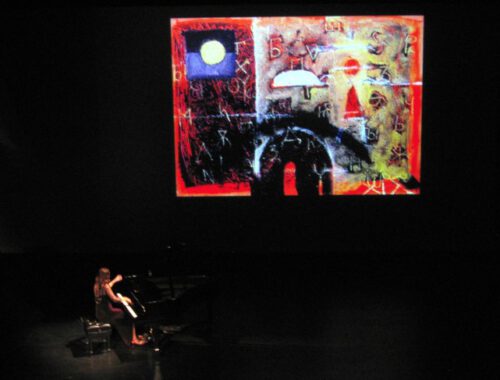Brazilian Songs from 1800 to the Present

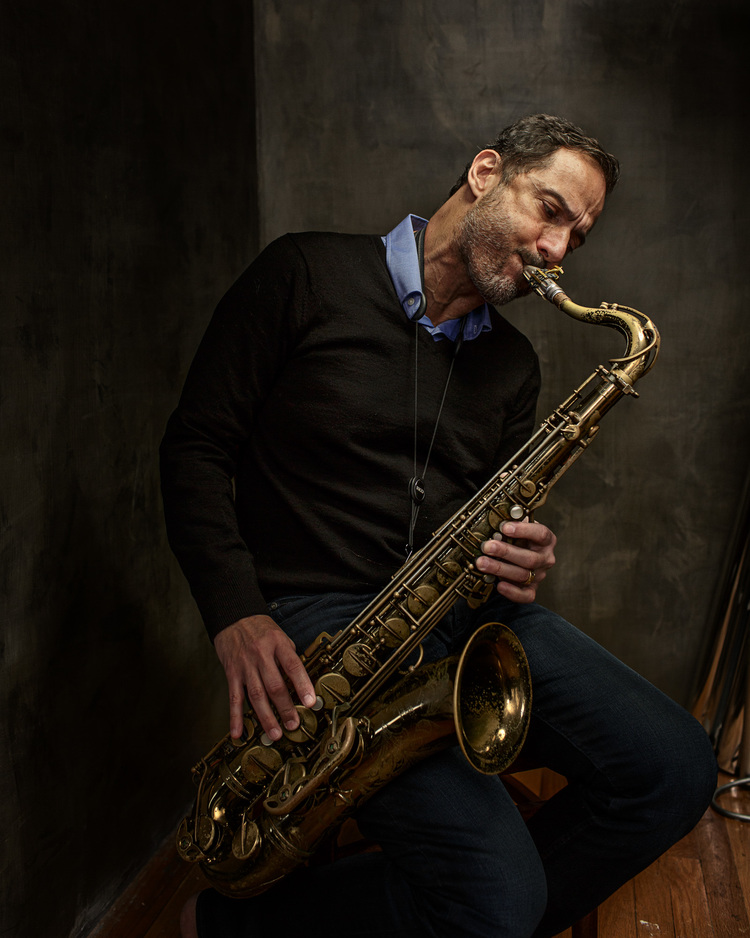
Brazilian Songs from 1800 to the Present
Brazilian soprano Katia Guedes and pianist Evelyn Ulex are presenting
“Brazilian Songs from 1800 to the Present” with special guest Ze Luis Oliveira, Saxophone.
Join us on a musical journey to Brazil from the early 19th century to Bossa Nova with compositions by Alberto Nepomuceno, Heitor Villa-Lobos, Claudio Santoro, Gilberto Mendes, Antônio Carlos Jobim to Zé Luis Olivera.
Brazilian Classical Song
Read more …
The song has become a central feature of Brazilian composition and is a key to understanding the complex nature of the country’s history and identity. This program offers an insight into these developments, tracing its path from the 19th century to ‘modernismo’ movement and culminating in the experimental of the present day.
“Marilia de Dirceu” is one of the oldest collection of songs ever to have been notated. It is attributed to Marcos Portugal (1762-1838) and uses verses from the poet and revolutionary, Tomaz Antonio Gonzaga. It relies heavily on the ‘modinha’, a musical idiom with origins in black slave culture, Portuguese fado and to a lesser extent, the Waltz.
Not only was composer Carlos Gomes (1836-1896) the first Brazilian to gain international recognition, but also the first to appropriate and mix what he called ‘erudite’ European traditions with Brazilian forms. After Brazil’s independence in 1822, the growing desire to create a music that reflected and inspired the young nation meant that songs written in Portuguese moved to the forefront of composition. A prime example is Alberto Nepomuceno (1864-1920), who caused a scandal by writing, for the first time, operas with Portuguese librettos.
For Heitor Villa Lobos (1857-1959), the idea of further experimenting with form while remaining faithful to a sense of the ‘Brazilian’ and the indigenous, never seemed a contradiction. The same applies to Claudio Santoro (1919-1989) who spent many years studying the variegated musical traditions in Brazil, while using many of the techniques of the Vienna School of twelve-tone composition and electronic music.
The songs by Gilberto Mendes are experimental pieces that draw on the techniques of ‘musique concrete’, Karlheinz Stockhausen and Pierre Boulez. The program ends with Arrigo Barnabé, who has ventured to compose Brazilian rock music in twelve-tone music.
Andrew Hood
Katia Guedes, Soprano
Brazilian-born soprano Katia Guedes studied singing at the University of São Paulo …
Read more … (Full bio as .pdf)
Evelyn Ulex, piano
Pianist Evelyn Ulex was born and raised in Berlin, Germany …
Read more … (Full bio as .pdf)
Zé Luis Olivera, Saxophone
Zé Luis is a 7 time Grammy award nominee, composer, arranger, producer and multi- instrumentalist …
Read more … (Full bio as .pdf)
Presskit Downloads
You can download the complete presskit here as pdf.

